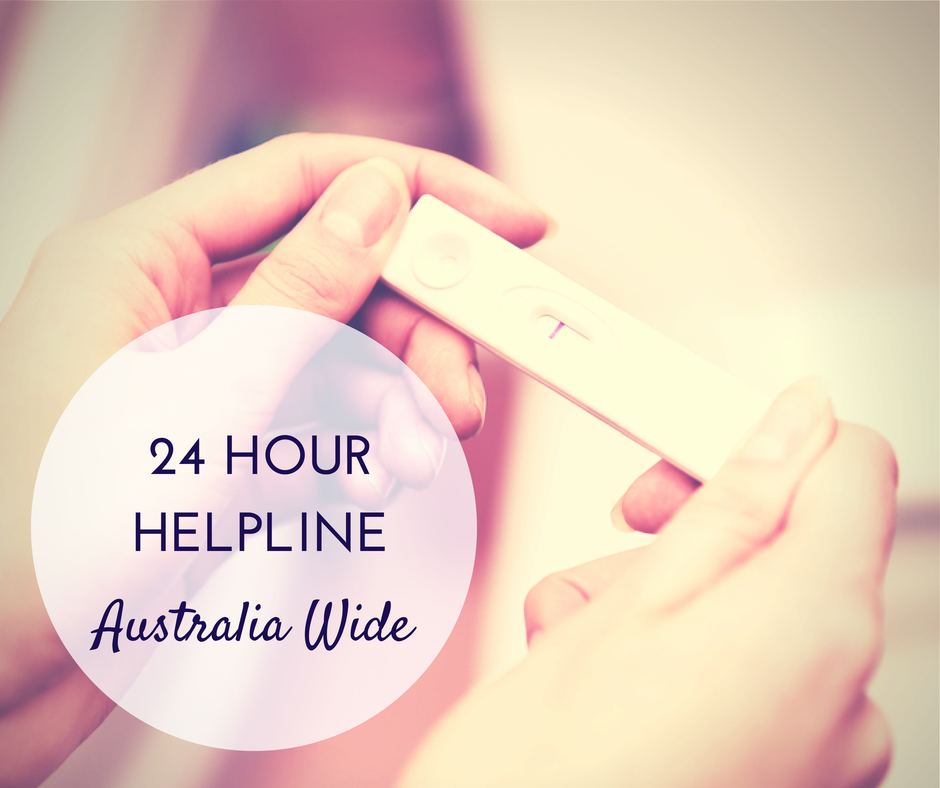Martyrs for Marriage
John the Baptist was the original martyr for marriage; as Matthew’s Gospel tells us, he lost his life for criticising Herodias and Herod’s adultery.
For Herod had seized John and bound him and put him in prison, for the sake of Herodias, his brother Philip’s wife, because John had said to him, “It is not lawful for you to have her.”
(Mt 14: 3-4)
Our modern “martyrdom” for marriage takes forms with which we are becoming increasing familiar: lawsuits, claims of discrimination, accusations of bigotry from friends, relatives and colleagues. There is a collective sense among Christians that our wonderful Good News is now perceived as Yesterday’s News, something in which to wrap the garbage from an outdated, outmoded ideology.
In addition to those forms of persecution, there is another type of suffering for the sake of marriage: that of the many divorced, faithful Catholics. They uphold the sanctity of marriage while being unable to enjoy its benefits, and carry a cross of family life made even heavier by the absence of their spouses.
For a divorced Catholic, martyrdom is tied to accepting the Church’s teaching on remarriage. For they would no sooner remarry outside the Church than cut off a limb. It is not even something for them to entertain the thought of, let alone pursue.
They are painfully aware of that other world out there, the world of celebrity weddings and reality shows about spouse-hunting; a world of emotion-driven semi-commitment. They know there are couples within the Church receiving the Eucharist while in a state of objective mortal sin due to invalid marriages. (Some of the latter are unaware that annulment is a prerequisite for remarriage, so impoverished is the rank-and-file’s catechesis.) These perversities of matrimony are in addition to the widespread practice of contraception within our Church.
But many of these suffering faithful remain unmarried and celibate; some are waiting patiently for reconciliation, some seek annulments. Some are even caught up in impossible situations, with emotional ties to a potential spouse whom they may never be free to marry.
This unplanned celibacy can be difficult: it is, of course, necessary that all single people are chaste. For those who are divorced, this chastity takes on a new character, since their desire for conjugal chastity has through circumstances changed into complete chastity.
In a discourse on the Sermon on the Mount, St. John Paul II speaks of Christ’s emphasis on chastity:
“…when Christ goes on to speak about those “who made themselves eunuchs for the kingdom of heaven” (Mt 19:12) as a third category (NB. the first two being natural and man-made eunuchs) he certainly makes this distinction to emphasise even more its voluntary and supernatural nature: voluntary, because those who belong to this category “made themselves eunuchs,” and supernatural, because they did it “for the kingdom of heaven,” (Emphasis in the original.)
Theology of the Body 74:1
Continence for the Kingdom of Heaven
Divorced Catholics who abide by the Church’s teaching on remarriage are ‘eunuchs for the kingdom of God.’ They are both single people, who are bound to be chaste, but many also are parents, and as such, are entitled to all the support and intimacy provided by marriage. They have the same inclinations as single people - the same daily confrontation with a vast array of sexual temptations, but with a spouse-sized gap in their lives which they are longing to fill.
I believe that makes them ‘martyrs for marriage.’


